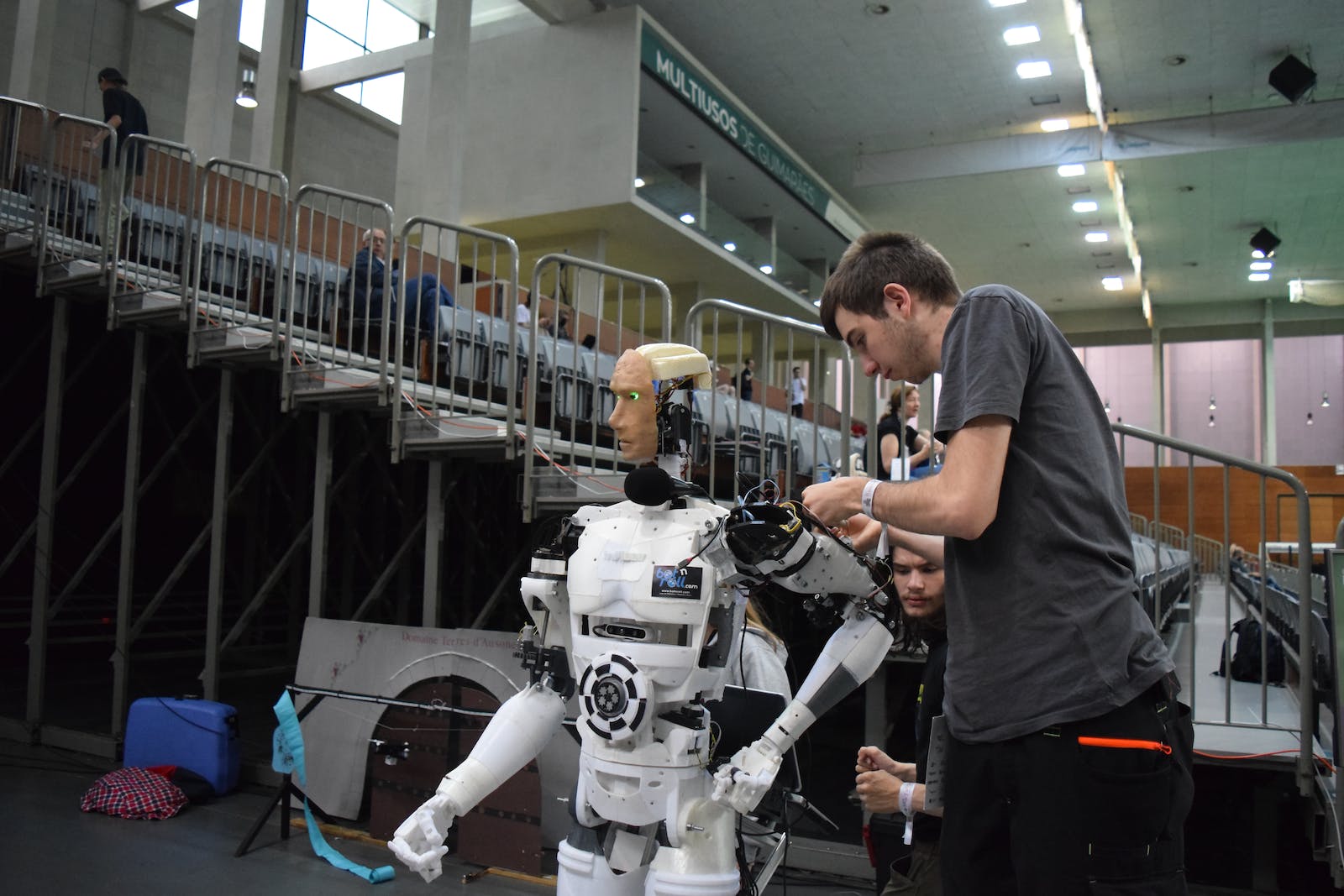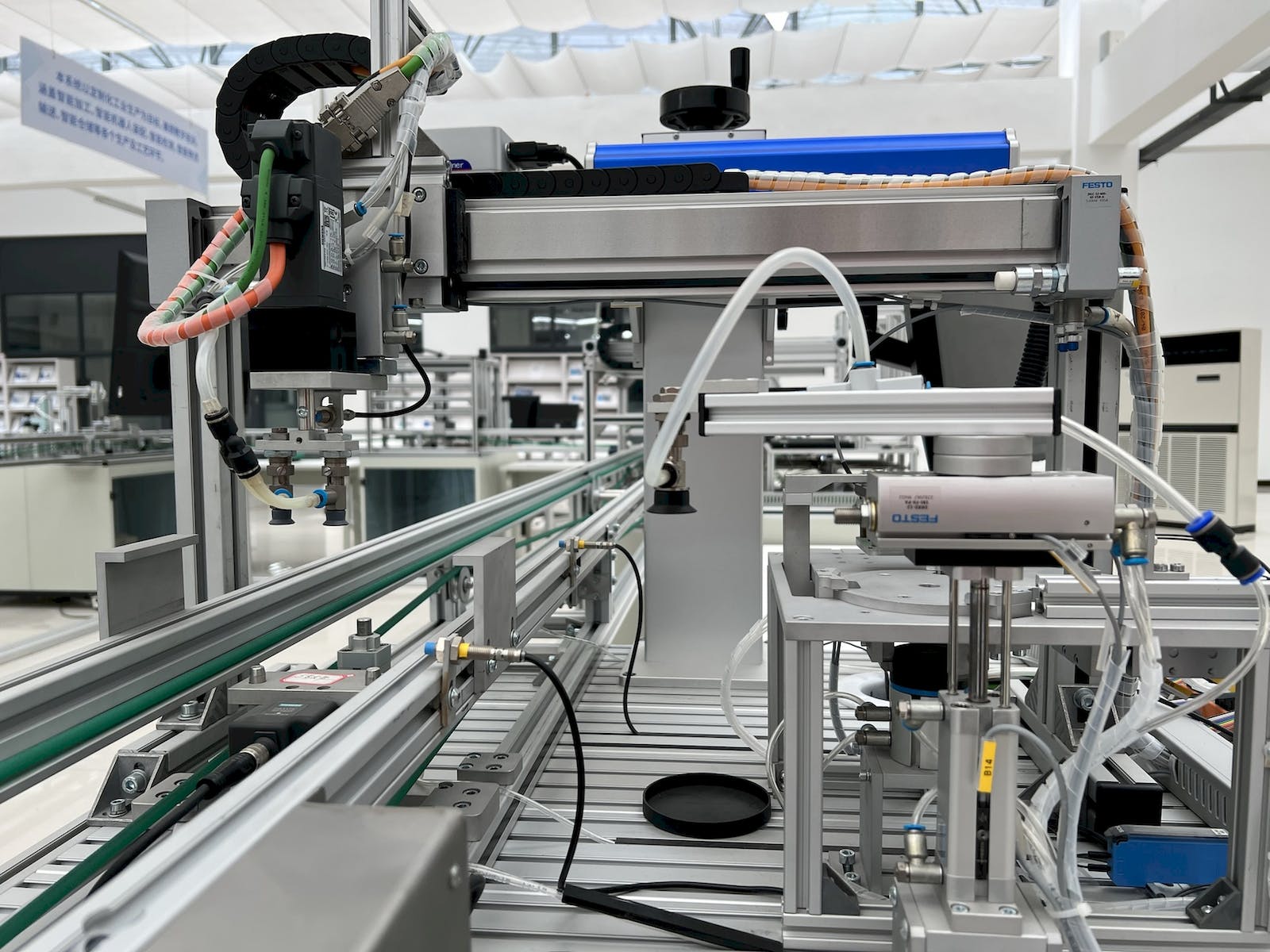The Advantages and Disadvantages of AI: Making Informed Decisions
Exploring the Pros and Cons of Artificial Intelligence
Artificial Intelligence (AI) has become a hot topic in various industries, revolutionizing the way tasks are accomplished. From simplifying processes to enhancing decision-making, AI holds the potential to transform our world. However, as with any advanced technology, AI also brings its own set of challenges and concerns. In this article, we will delve into the advantages and disadvantages of AI, allowing you to gain valuable insights into this groundbreaking innovation.
As AI continues to play a significant role in improving efficiency, reducing human error, and powering innovations, it is essential to weigh its benefits against potential drawbacks. By understanding both the positive and negative aspects of AI, individuals and businesses can make informed decisions about its integration and utilization.
Pros
Discover the remarkable benefits of Artificial Intelligence (AI) and how it's reshaping the future. From streamlining operations to driving unparalleled growth, AI offers a multitude of advantages that are worth exploring.
Enhanced Efficiency and Productivity
AI streamlines processes, automates repetitive tasks, and analyzes complex data with precision, leading to heightened efficiency and productivity. By handling time-consuming operations, AI allows human workers to focus on more strategic and creative endeavors, fostering overall productivity.
Improved Decision-Making
AI algorithms can analyze vast amounts of data at incredible speeds, enabling organizations to make informed decisions based on accurate insights. From predictive analytics to risk management, AI empowers businesses to navigate complexities and anticipate trends, enhancing their decision-making capabilities.
Innovation and Personalization
AI fuels innovation by enabling the development of advanced technologies such as self-driving cars, medical diagnosis systems, and voice assistants. Moreover, AI-driven personalization enhances customer experiences, tailoring products and services to individual preferences, thus fostering customer satisfaction and loyalty.
Cost Savings
One of the advantages of AI is its potential to reduce costs for businesses. By automating tasks and processes, AI can help streamline operations and cut down on expenses related to labor, errors, and inefficiencies, ultimately leading to significant cost savings.
Healthcare Advancements
AI has the potential to revolutionize the healthcare industry by enabling more accurate diagnostics, personalized treatment plans, and drug discovery. With AI-powered technologies, healthcare providers can improve patient outcomes and make significant advancements in medical research.
Missing a pro?
Let us know which pro you are missing!
Cons
While the potential of AI is vast, it's crucial to acknowledge the challenges and potential drawbacks associated with its implementation. Understanding the limitations and risks of AI is essential for making well-informed decisions and mitigating adverse effects.
Unemployment and Job Displacement
As AI automates various tasks, there is a concern about job displacement and unemployment in certain sectors. While AI creates new job opportunities, the workforce may need to adapt to evolving skill requirements, and certain roles may become obsolete, leading to potential unemployment.
Ethical and Security Concerns
AI raises ethical and security concerns regarding data privacy, bias in decision-making algorithms, and the potential misuse of AI-powered technologies. Ensuring the ethical use of AI and addressing security vulnerabilities are critical challenges that need to be carefully navigated to maintain trust and integrity.
Dependency and Overreliance
Overreliance on AI systems without human judgment and oversight can pose risks, especially in critical domains such as healthcare and finance. A balanced approach that integrates AI as a supportive tool with human expertise is essential to mitigate the dangers of overdependency.
Privacy Concerns
As AI systems collect and analyze vast amounts of data, there are heightened concerns related to individual privacy and data security. The use of AI in various applications raises questions about data protection, surveillance, and the potential misuse of personal information.
Biased Decision-Making
AI algorithms can inadvertently perpetuate and amplify existing biases present in the data they are trained on. This can lead to discriminatory outcomes in areas such as hiring, lending, and law enforcement, further exacerbating societal inequities and injustices.
Missing a con?
Let us know which con you are missing!
Conclusion
In conclusion, the widespread adoption of AI presents exciting opportunities for innovation and progression, alongside significant challenges that require thorough consideration. By weighing the advantages and disadvantages of AI, individuals, businesses, and policymakers can harness its potential while addressing its limitations and risks. Embracing AI with a strategic and ethical approach can pave the way for transformative advancements while safeguarding against potential pitfalls.
What do you think?
Do you think the pros outweigh the cons?









